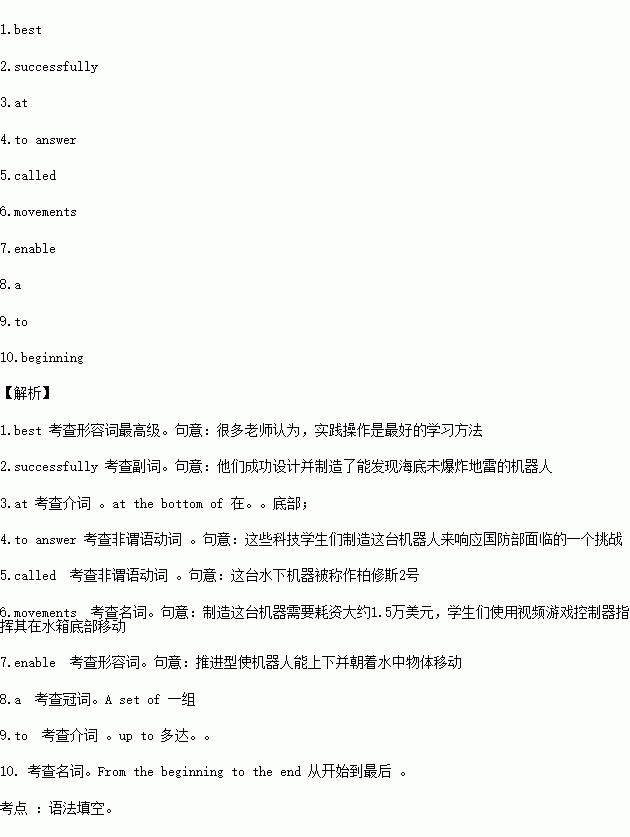题目内容
阅读下面材料,在空白处填入适当的内容(1个单词)或括号内单词的正确 形式.
Many teachers believe that hands-on experiences is the 1. (good) way to learn. A group of students in the United States are putting that belief to the test. They 2. _ (success) designed and built a robot for discovering unexploded mines3. the bottom of the sea. Students made the robot 4. (answer) a challenge from the U.S. Department of Defense.
The students recently tested the underwater vehicle 5. (call) Perseus II in a 95-meter-long tank of water at the Stevens Institute of Technology.
The robot costs about $15,000 to build. The students use a video game controller to direct its 6. (move) in the tank. What’s more, devices know as Japters 7. (able) the robot to go up, down and toward its target in the water. Video cameras on the robot send images back to a computer through a 13-meter-long cable. Perseus II also has 8.__set of lasers(激光), which are used to measure the size of an object.
The robot is the creation of five undergraduate students. For over six months, they worked up 9. 20 hours a week to design and build Perseus II.
DeLome supervised the project from the 10. (begin) to the end. He says the specialized requirements of robot were demanding.
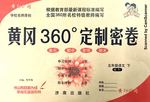 黄冈360度定制密卷系列答案
黄冈360度定制密卷系列答案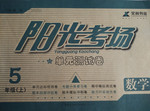 阳光考场单元测试卷系列答案
阳光考场单元测试卷系列答案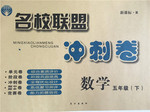 名校联盟冲刺卷系列答案
名校联盟冲刺卷系列答案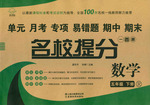 名校提分一卷通系列答案
名校提分一卷通系列答案